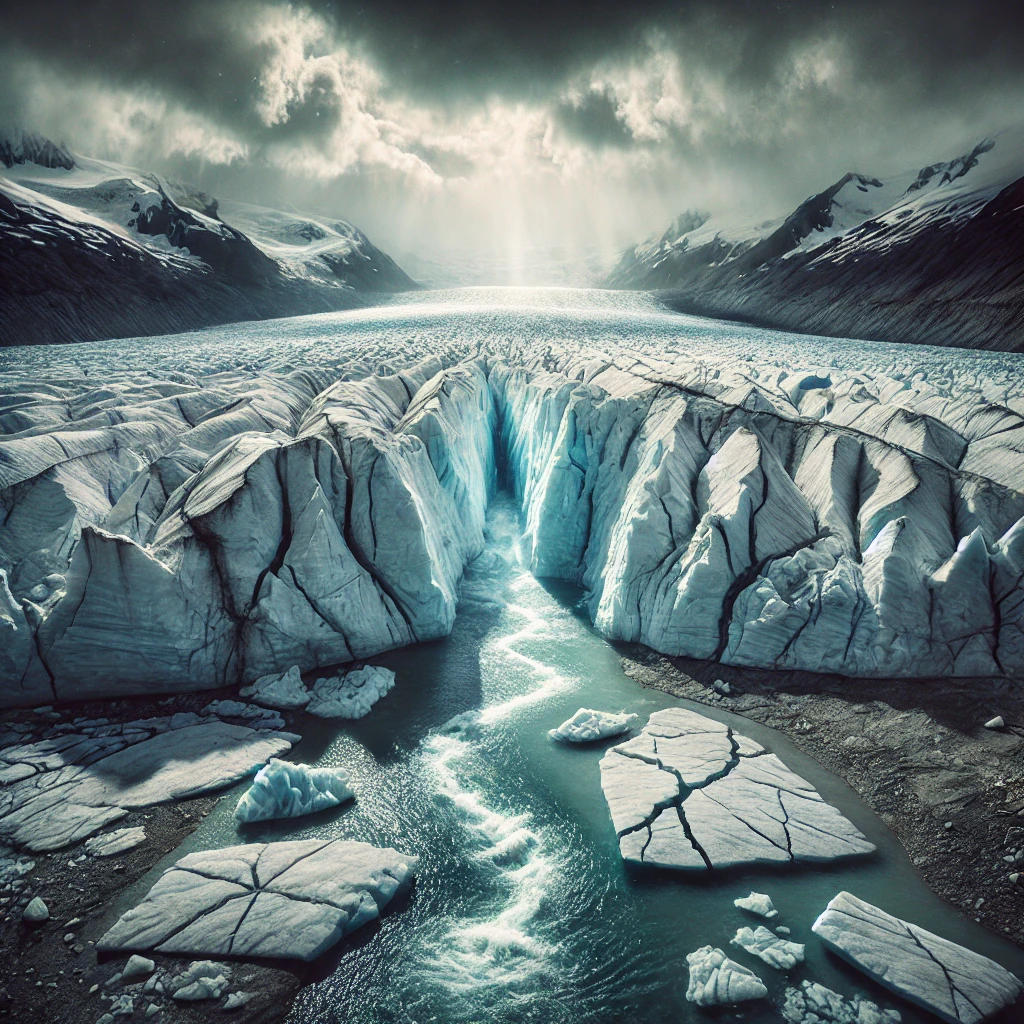Highlights
- Recent studies reveal that the world’s glaciers are melting at an unprecedented rate, with the pace of melting accelerating over the past two decades.
- The rapid loss of glacial ice contributes significantly to rising sea levels, posing threats to coastal communities worldwide.
- Scientists attribute the accelerated melting primarily to climate change, driven by increased greenhouse gas emissions.
- The loss of glaciers also impacts freshwater supplies for millions of people who rely on glacial meltwater.
TLDR
Global glaciers are melting faster than ever recorded, largely due to climate change, leading to rising sea levels and threatening freshwater resources.
World’s Glaciers Melting Faster Than Ever Recorded
In a concerning development, recent scientific studies have revealed that glaciers around the globe are melting at an unprecedented rate. Over the past two decades, the pace of glacial melting has accelerated significantly, contributing to rising sea levels and posing a myriad of challenges to ecosystems and human societies.
Glaciers, massive bodies of dense ice that persist over many years, are crucial indicators of climate health. Their accelerated melting is a clear signal of global temperature increases. The recent studies highlight that the current rate of glacial retreat surpasses any observed in recorded history.
One of the most immediate consequences of this rapid melting is the contribution to sea-level rise. As glaciers lose mass, the resulting water flows into oceans, leading to higher sea levels. This rise poses significant threats to coastal communities, increasing the risk of flooding and erosion. Low-lying areas, in particular, face heightened vulnerabilities, potentially displacing millions of residents and disrupting local economies.
The primary driver behind this accelerated melting is climate change, predominantly caused by increased greenhouse gas emissions from human activities. The rise in global temperatures leads to higher rates of ice melt during warmer seasons and hampers the glaciers’ ability to replenish during colder periods. This imbalance results in a net loss of glacial mass annually.
Beyond contributing to sea-level rise, the loss of glaciers has profound implications for freshwater resources. Many regions depend on glacial meltwater for drinking supplies, agriculture, and hydropower. As glaciers shrink, the availability of this critical resource diminishes, potentially leading to water shortages and heightened competition among users.
Addressing the rapid loss of glaciers necessitates a concerted global effort to mitigate climate change. Reducing greenhouse gas emissions, transitioning to renewable energy sources, and implementing sustainable land-use practices are essential steps in slowing the pace of glacial melting. Additionally, communities must develop adaptive strategies to cope with the changes already set in motion, ensuring resilience against the evolving challenges posed by a warming planet.

